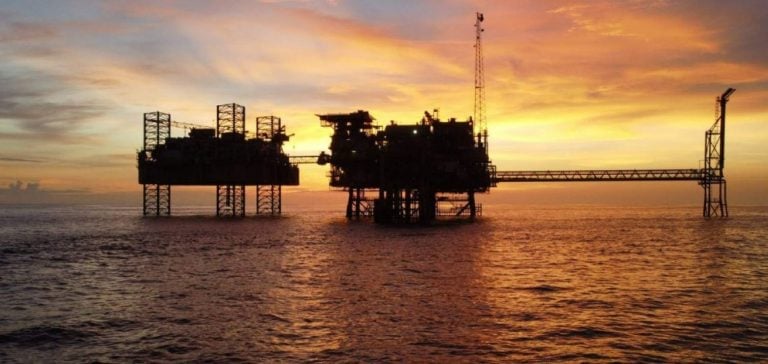Angola, one of Africa’s leading oil producers, has seen its production decline for several years. This is mainly due to the depletion of oil fields, some of which have reached maturity.
Among these, Block 3/05, located in the Lower Congo Basin, is receiving particular attention from state-owned Sonangol.
Block 3/05, home to several offshore deposits, has already delivered a large proportion of its resources.
According to recent data, around 90% of the site’s recoverable reserves have been extracted.
However, with average production of 17,000 barrels per day (b/d) by early 2022, the site remains of strategic importance to the country.
To extend the life of these wells and maintain their profitability, Sonangol is implementing an optimization plan based on targeted investments and improved facility management.
Strategic investments to boost business
Sonangol’s strategy is based on a number of technical measures designed to improve the efficiency of existing wells.
Among the measures implemented, water injection is one of the priorities for maximizing oil recovery from aging reservoirs.
This technique, commonly used in mature reservoirs, helps maintain pressure and increase volumes extracted.
In addition to water injection, Sonangol plans to install advanced meters to optimize the management of flares, often a source of energy waste.
The installation of submersible electric pumps is also an important part of the strategy.
This equipment improves efficiency by facilitating fluid extraction from reservoirs with declining pressure.
Seeking new perspectives through exploration
In parallel with the optimization of existing wells, Sonangol is pursuing exploration drilling activities within the perimeter of Block 3/05.
The aim is to identify new pockets of oil likely to extend the site’s exploitation.
Although a significant proportion of the reserves have already been extracted, drilling could reveal new opportunities.
Long-term prospects remain viable, with an estimated potential of around 100 million barrels of 2P reserves (proven and probable).
Sonangol and its partners, including Afentra, Maurel & Prom, Etu Energias and Gazprom, believe that exploitation of these new resources could extend to 2045, subject to successful exploration and optimization programs.
Effects of lower production on the Angolan economy
The gradual decline in Angolan oil production is having a significant impact on the country’s economy.
Angola, which relies heavily on oil exports to finance its infrastructure and public services, is actively seeking to counter this decline by maximizing the exploitation of its remaining sites.
In this context, the preservation of production levels in Block 3/05 is crucial.
The government is counting on rigorous management of available resources, coupled with technological investment to ensure production stability in the medium and long term.
Sonangol’s partner companies are contributing their expertise in the management of mature deposits, helping to ensure more efficient operations.
A strategy to extend the viability of deposits
The optimization of existing facilities and the search for new resources are part of a broader policy to manage Angola’s oil assets.
By strengthening the operational efficiency of mature sites such as Block 3/05, the country hopes to limit the negative effects of an inexorable decline in extracted volumes.
Block 3/05, with its remaining potential and the technologies deployed, represents a significant part of the stabilization plan.
The challenge is to maintain production at sustainable levels without increasing operating costs, while preserving the profitability of operations.






















